Why the goal-crazy World Cup is being hailed as the best ever
Goals galore and shock results have got the fans purring, but what's different this time?
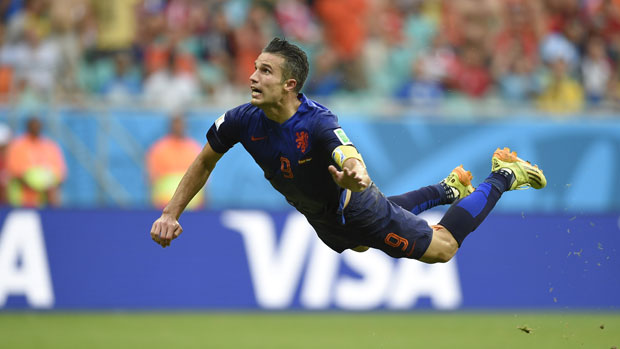
A free daily email with the biggest news stories of the day – and the best features from TheWeek.com
You are now subscribed
Your newsletter sign-up was successful
After an action-packed opening weekend the World Cup in Brazil is already being hailed as one of the best ever.
Netherlands' extraordinary rout of Spain on Friday sent shockwaves through the tournament, while Costa Rica's stunning win over Uruguay on Saturday could end up being crucial to England's chances.
Sunday was illuminated by a special goal from Lionel Messi as Argentina overcame Bosnia, and France showed that they will be a force to be reckoned with as they impressed against Honduras.
The Week
Escape your echo chamber. Get the facts behind the news, plus analysis from multiple perspectives.

Sign up for The Week's Free Newsletters
From our morning news briefing to a weekly Good News Newsletter, get the best of The Week delivered directly to your inbox.
From our morning news briefing to a weekly Good News Newsletter, get the best of The Week delivered directly to your inbox.
So what makes Brazil 2014 so different to its predecessors?
Goals galore
The first 11 games of the tournament have yeilded 37 goals at an average of well over three per game, the highest figure since 1958. After the same number of games in 2010 there had been just 18 goals. Only three of the 22 teams to be in action so far have failed to score.
If things carry at anything like the same rate, Brazil 2014 will become the highest scoring World Cup ever.
A free daily email with the biggest news stories of the day – and the best features from TheWeek.com
What is the reason? An emphasis on attack is one obvious answer, but a more technical one involves the number of different formations being used. "The ubiquity of 4-2-3-1 four years ago has become more nuanced with a variety of formations creating interesting clashes. Spaces and overloads lead to goals," says Sky Sports.
Results in every game
After four days and 11 matches there has yet to be a draw, let alone a dreaded 0-0, and we've had a fair share of comebacks. The most dramatic came in Switzerland's clash against Ecuador on Sunday. The Swiss went behind in the first half but equalised early in the second, and he game looked to be heading for a draw only for the Swiss to conjure a winner in the third minute of stoppage time, soon after Ecuador nearly scored themselves.
Ivory Coast, Costa Rica, Netherlands and Brazil have also come from behind to win.
Once again, Sky provides a reason for this. "It may seem self-explanatory but goals change games and cause tactical tweaks that alter the dynamics of matches. Goals bring more goals."
Shock results
A country like Netherlands never goes into a game as massive underdogs, but no-one would have been surprised if they had lost to Spain. The fact they came from a goal behind to beat the World Champions 5-1 is extraordinary.
Just as remarkable was Costa Rica's comeback against Uruguay, a team tipped by many to go a long way in the tournament.
Even games where the result was expected have threatened to go against the grain. Croatia taking the lead against Brazil, for example.
There is a "glorious unpredictability" about the tournament, says Jonathan Liew in the Daily Telegraph. These days football fans are fond of statistics, he says. But relying on statistics to predict the outcome of games is just "an attempt to donate some sort of meaning to the essentially meaningless... The mistake people make is in confusing knowledge with fortune-telling."
Stars in form
Forget Wayne Rooney for a moment, the other stars of the tournament have all turned up when required. Neymar scored twice on the opening night, Lionel Messi produced a moment of magic against Bosnia, Robin van Persie provided an iconic World Cup moment with his header against Spain, and his team-mate Arjen Robben followed suit with a special goal of his own.
Italian master Andrea Pirlo almost scored one of the great free kicks against England, which left Joe Hart rooted to the spot, and Mario Balotelli did find the net.
Didier Drogba of Ivory Coast did not score, but certainly inspired his team against Japan.
A decent ball
They say a bad workman blames his tools, but this time there is no excuse for the players, because the World Cup finally has a decent ball, and that means the players can make it sing.
The Jabulani of four years ago was widely panned and the players did not trust it. There were gripes about the balls in 2002 and 2006 as well (one was too light, the other too heavy). This time round there have been few complaints about the Brazuca and it is clear that the stars of the show know how to use it.
-
 One great cookbook: Joshua McFadden’s ‘Six Seasons of Pasta’
One great cookbook: Joshua McFadden’s ‘Six Seasons of Pasta’the week recommends The pasta you know and love. But ever so much better.
-
 Scientists are worried about amoebas
Scientists are worried about amoebasUnder the radar Small and very mighty
-
 Buddhist monks’ US walk for peace
Buddhist monks’ US walk for peaceUnder the Radar Crowds have turned out on the roads from California to Washington and ‘millions are finding hope in their journey’
-
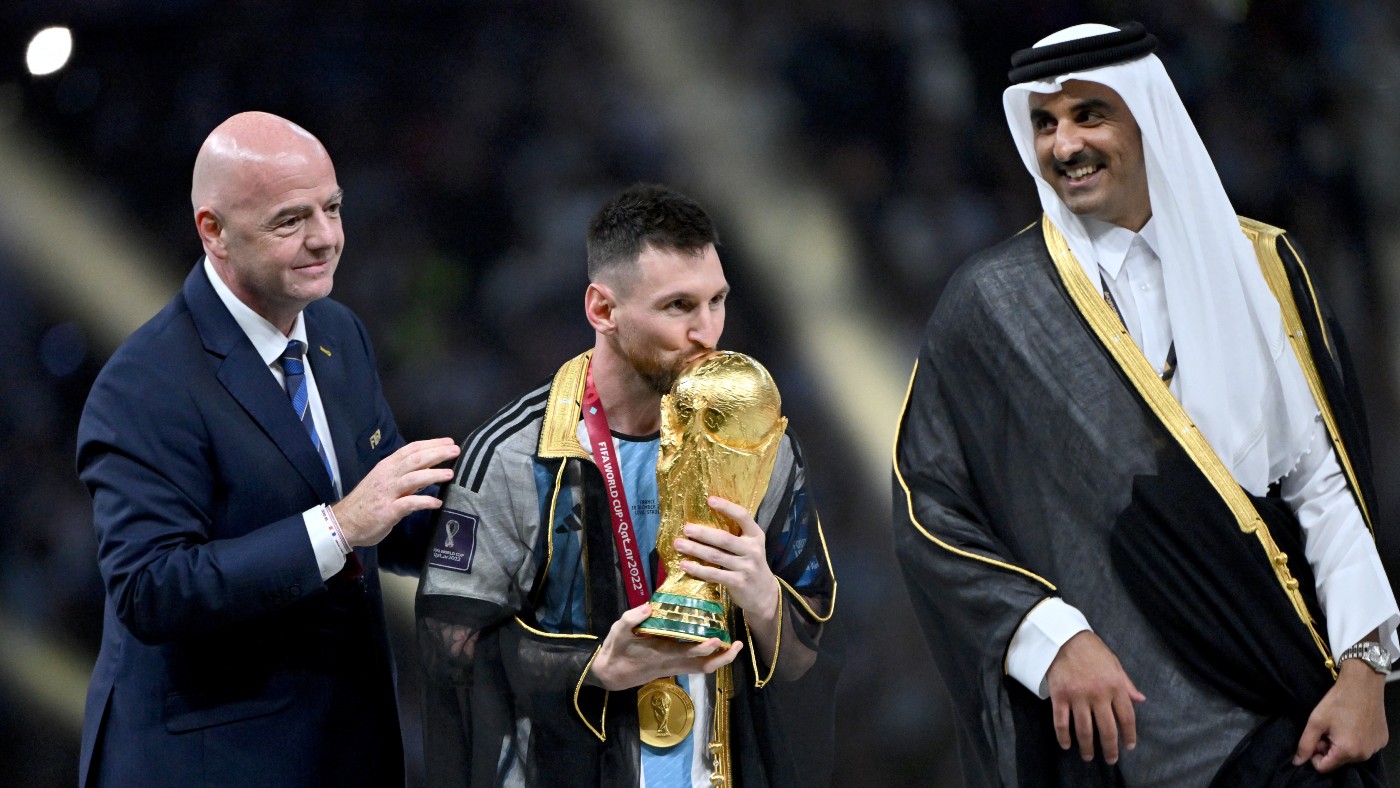 A tale of ‘two World Cups’: Messi, Mbappé and ‘money well spent’ for Qatar
A tale of ‘two World Cups’: Messi, Mbappé and ‘money well spent’ for Qatarfeature Amid sportswashing and human rights concerns, Qatar 2022 ended with the perfect final
-
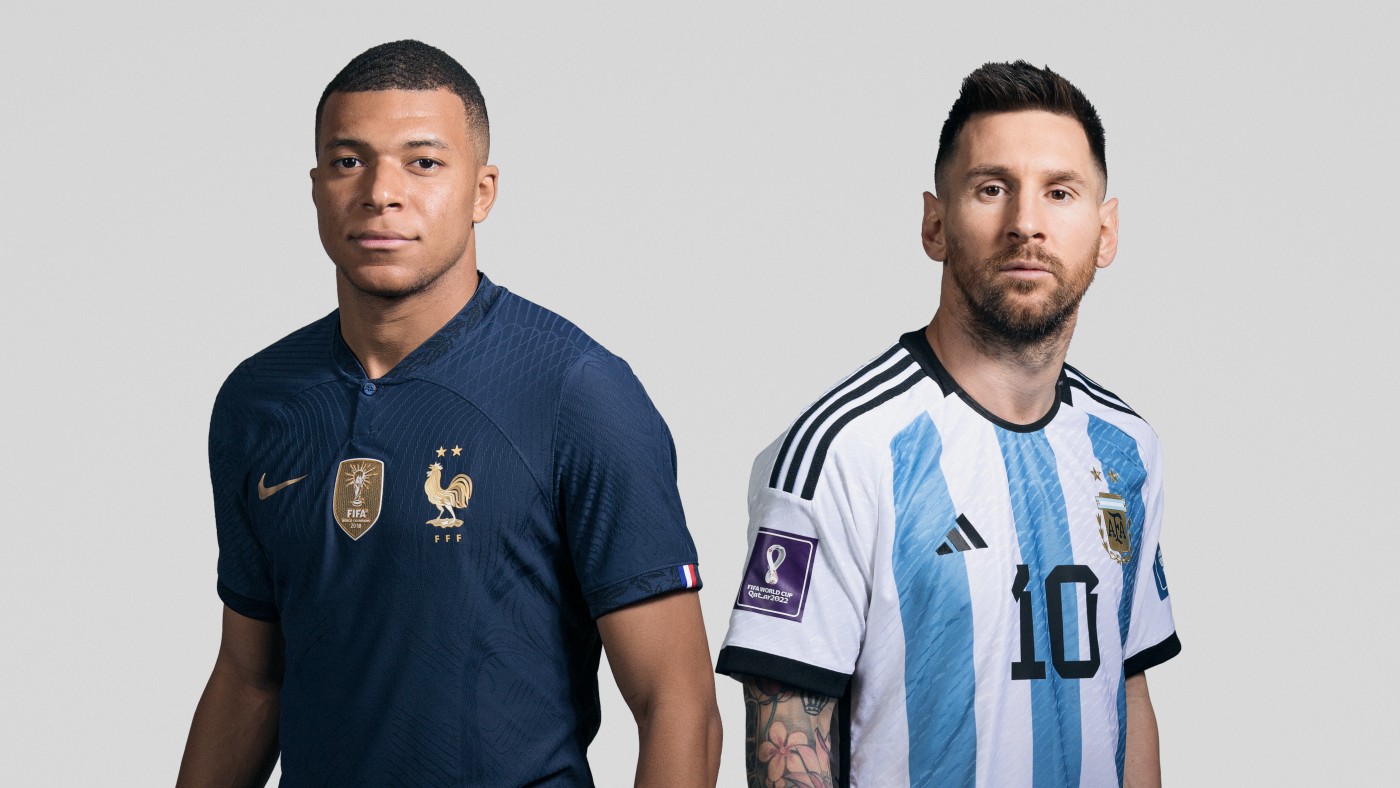 2022 World Cup final: Argentina vs. France prediction, preview, team news
2022 World Cup final: Argentina vs. France prediction, preview, team newsfeature Mbappé and Messi will go for glory, the golden boot, golden ball, and PSG bragging rights
-
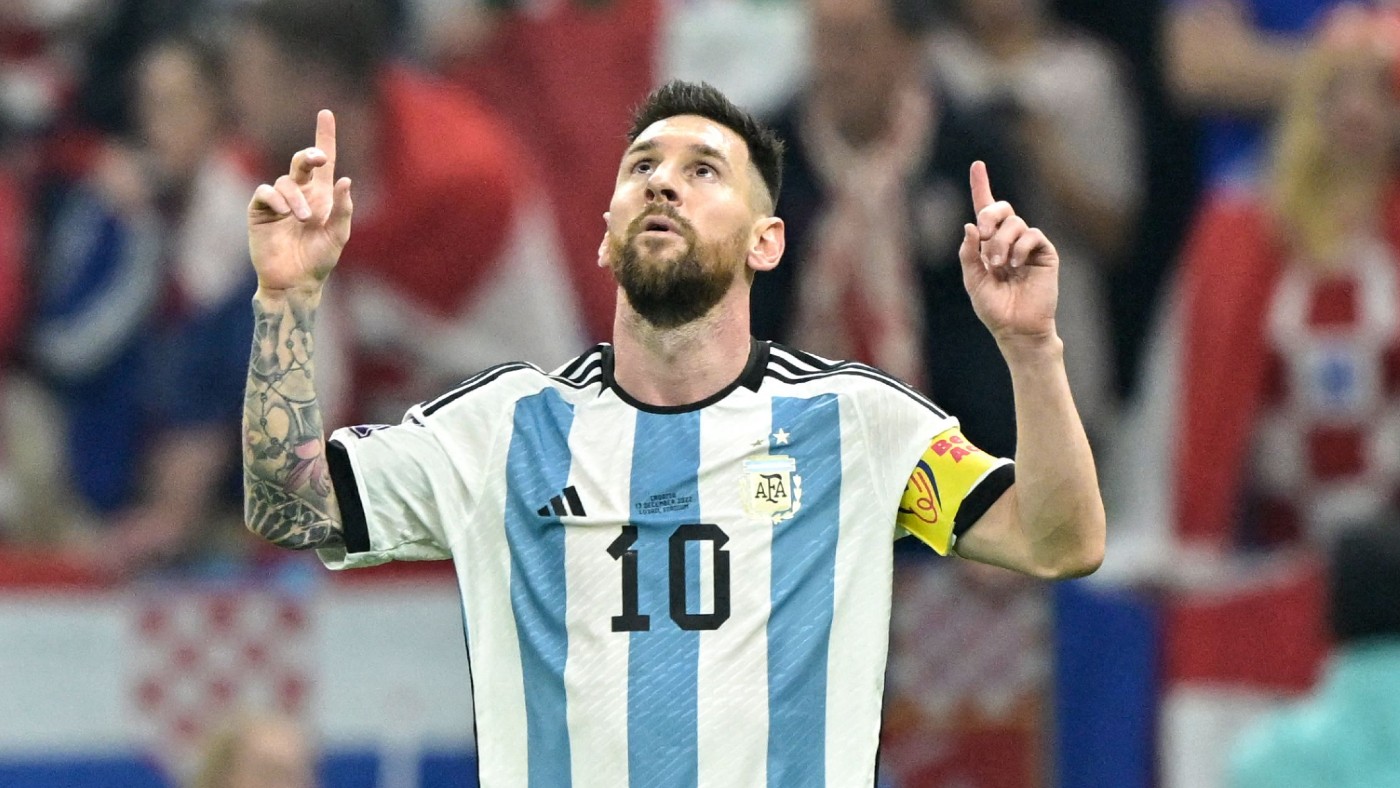 2022 World Cup final: Lionel Messi’s last chance to emulate Diego Maradona
2022 World Cup final: Lionel Messi’s last chance to emulate Diego MaradonaTalking Point Argentina captain is one win away from achieving the ultimate dream
-
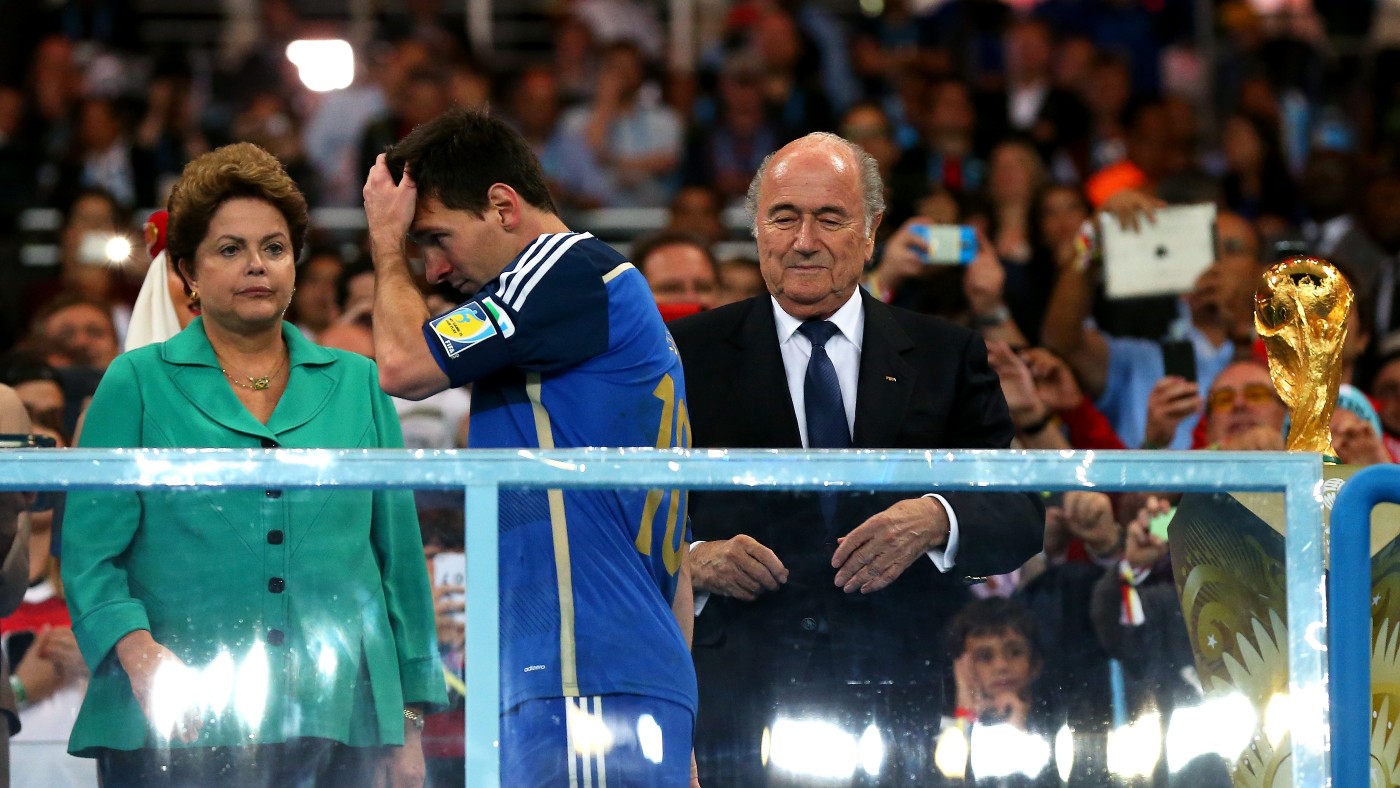 Lionel Messi’s World Cup dream: it really is ‘now or never’ for Argentina’s captain
Lionel Messi’s World Cup dream: it really is ‘now or never’ for Argentina’s captainfeature After lifting the Copa América in 2021, can he finally add a World Cup winners’ medal to his trophy cabinet?
-
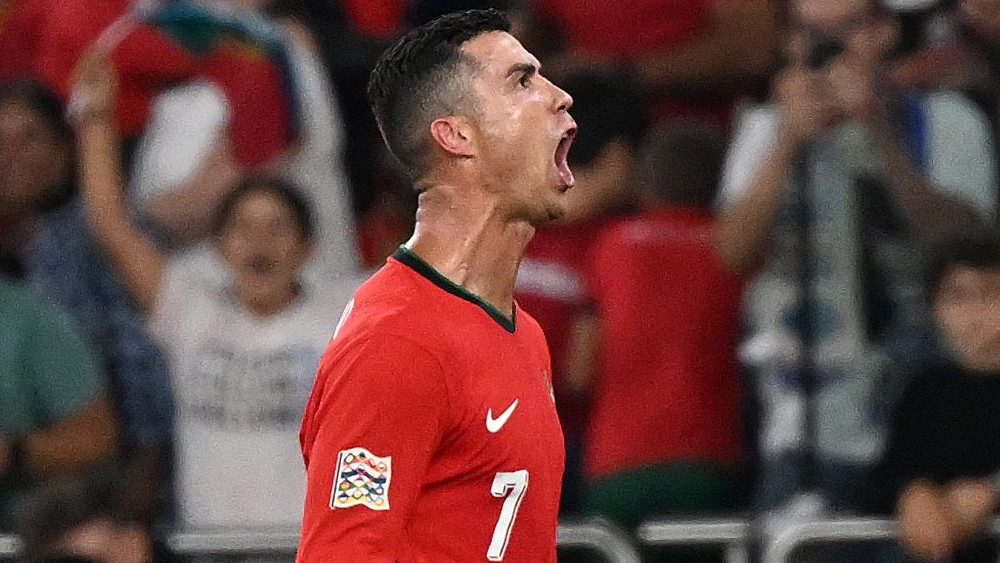 Cristiano Ronaldo vs. Lionel Messi: how they compare on goals, career stats and awards
Cristiano Ronaldo vs. Lionel Messi: how they compare on goals, career stats and awardsIn Depth Stars continue to break records and push their 20-year rivalry even as they enter the twilight of their careers
-
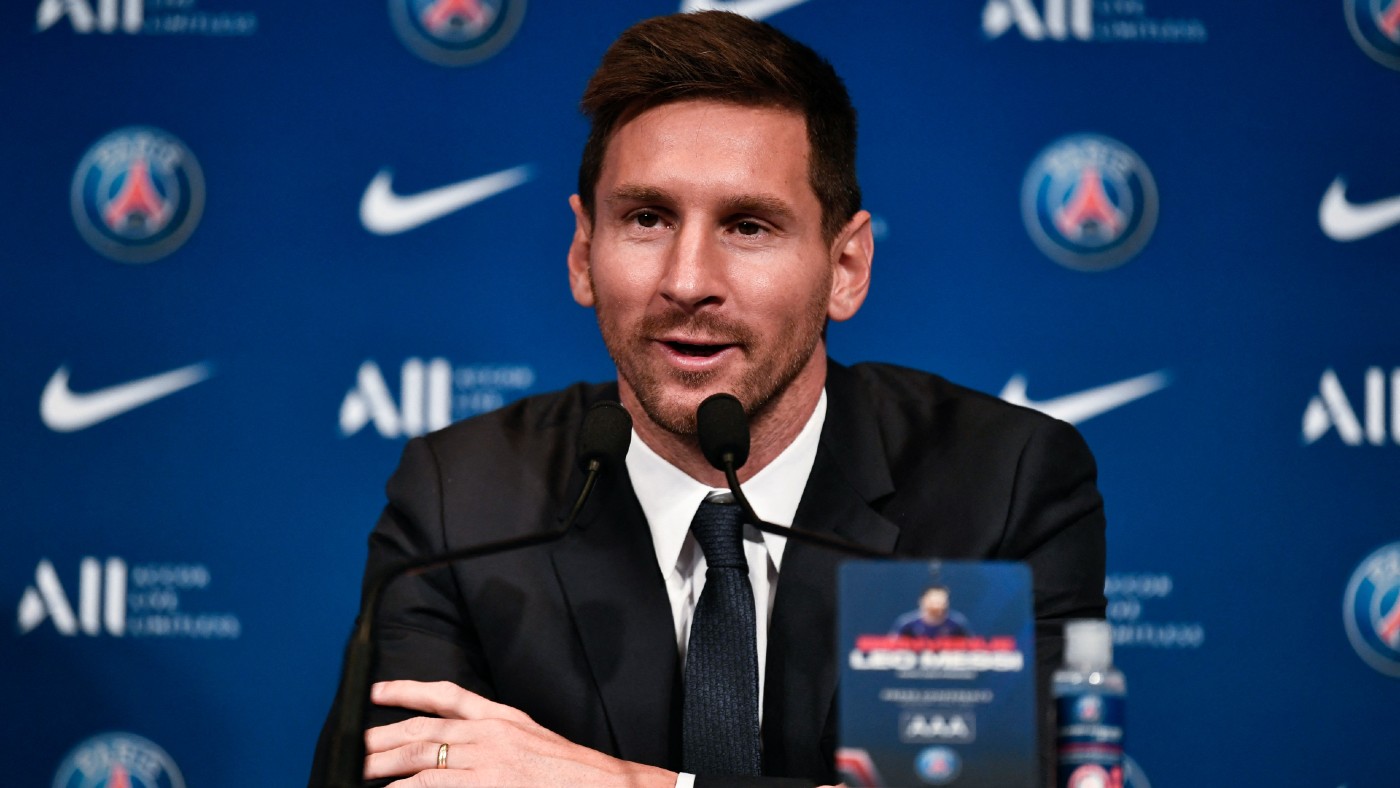 Lionel Messi on PSG, Neymar and winning the Champions League
Lionel Messi on PSG, Neymar and winning the Champions Leaguefeature What the Argentine superstar said at his first press conference in Paris
-
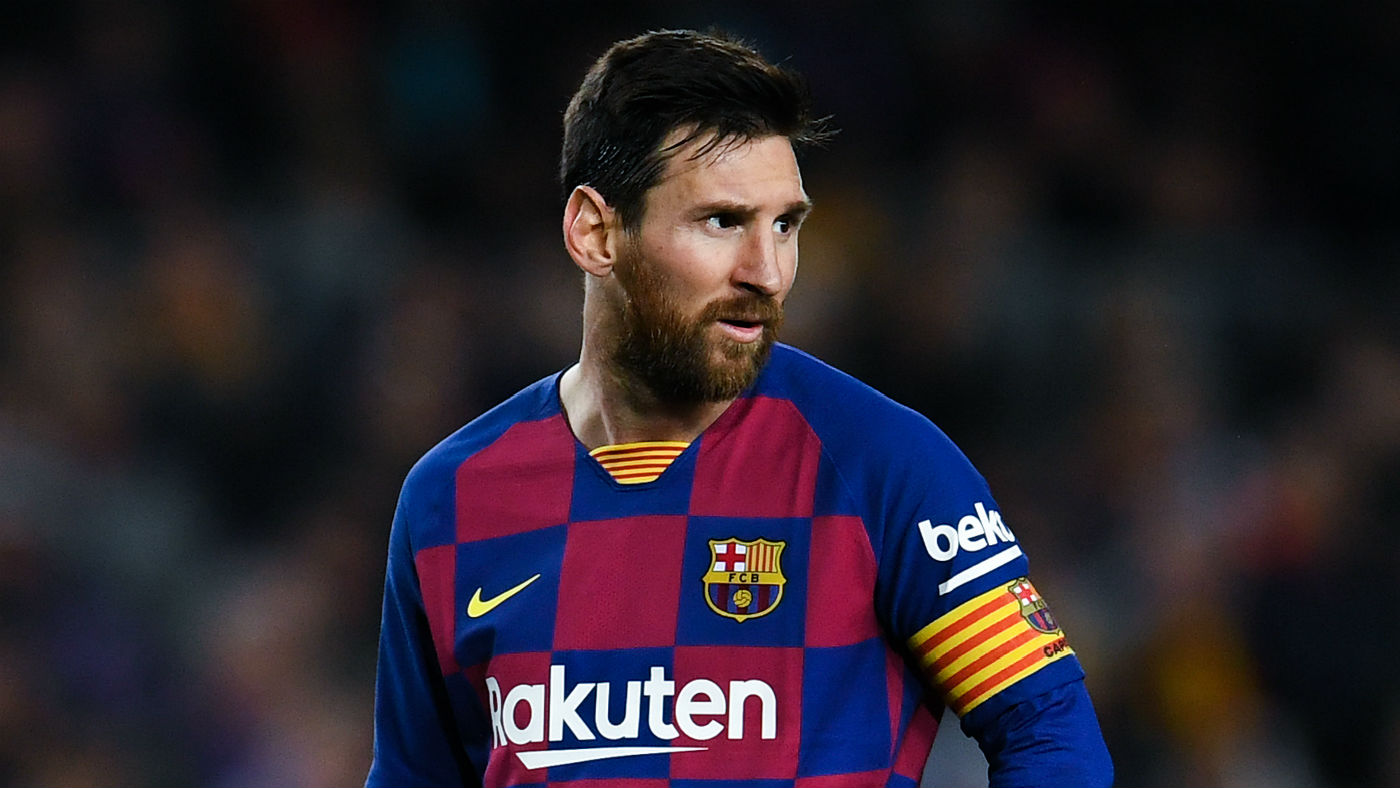 Lionel Messi to leave Barcelona: how the football world reacted to the ‘seismic’ news
Lionel Messi to leave Barcelona: how the football world reacted to the ‘seismic’ newsfeature ‘Financial and structural obstacles’ scupper Argentine’s new deal with cash-strapped Catalans
-
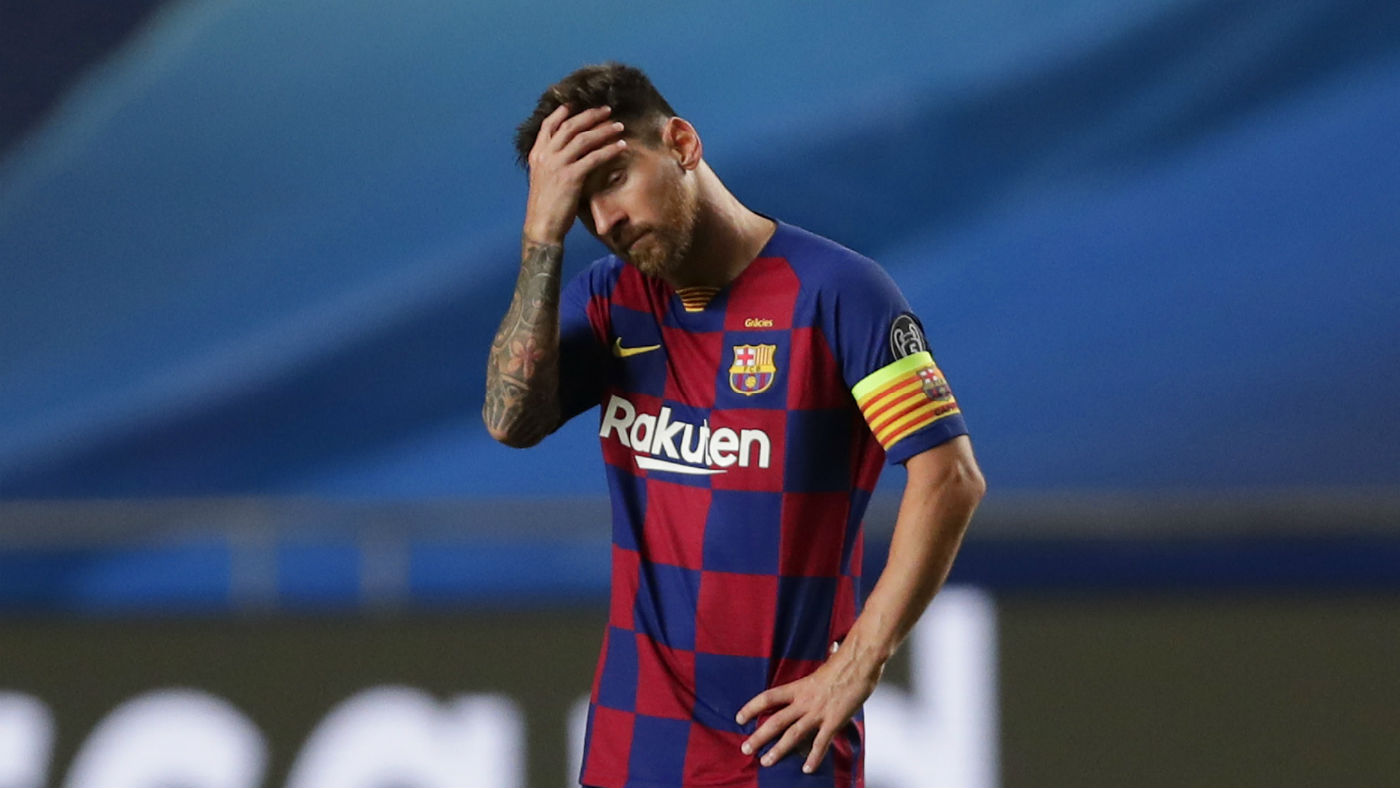 €555,237,619: Barcelona deny leaking details of Lionel Messi’s contract
€555,237,619: Barcelona deny leaking details of Lionel Messi’s contractfeature Messi scores 650th Barca goal - but salary reports overshadow milestone